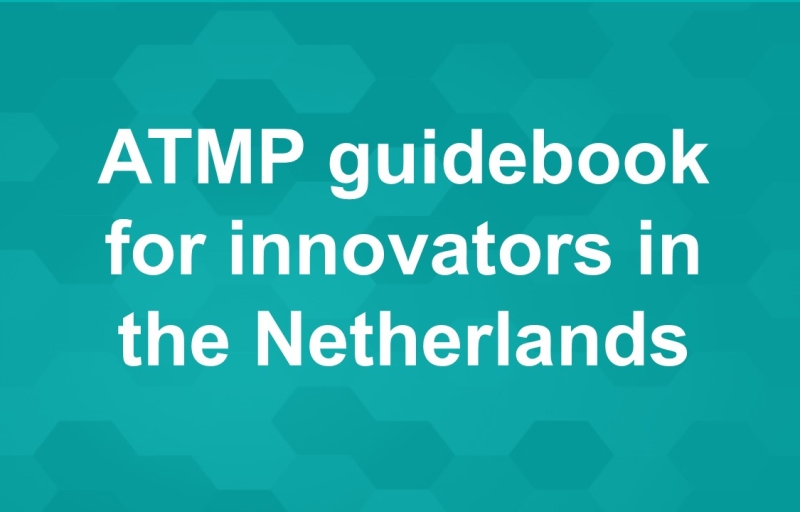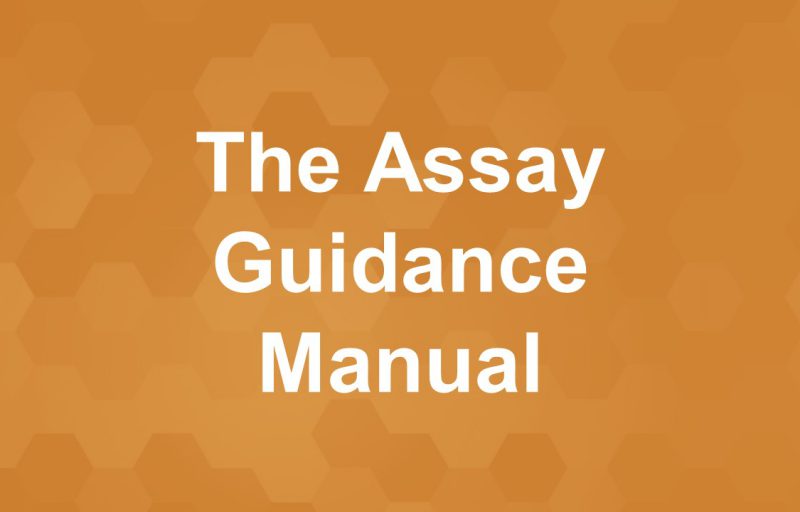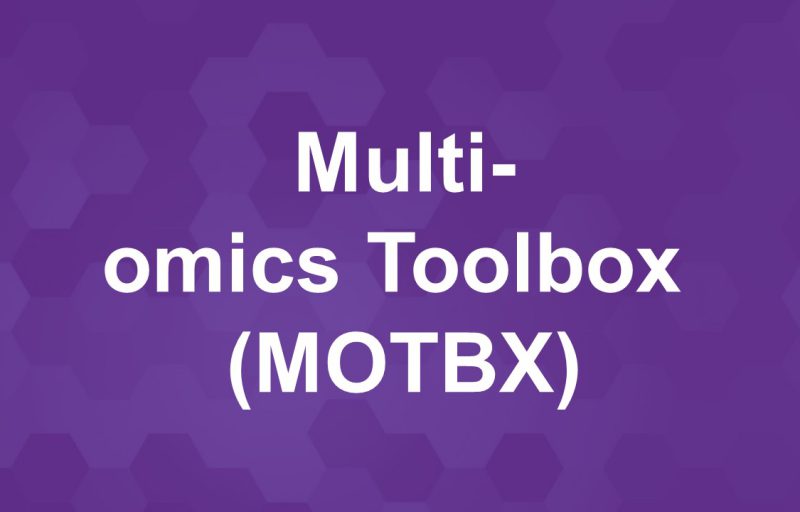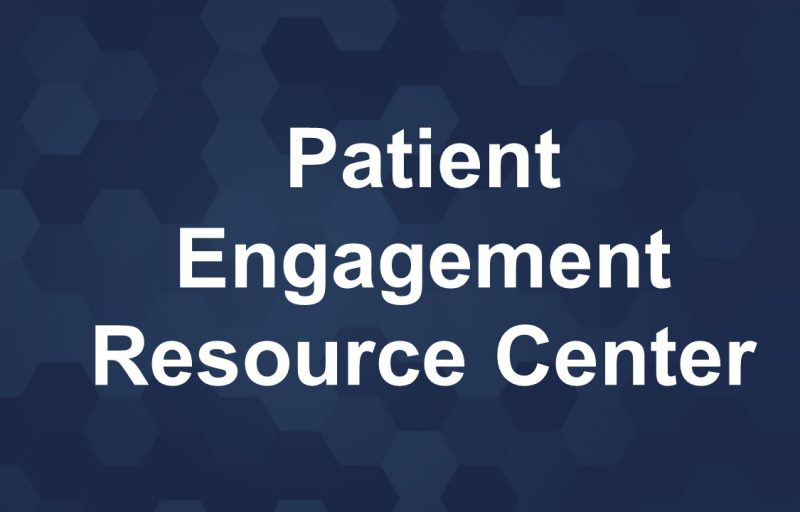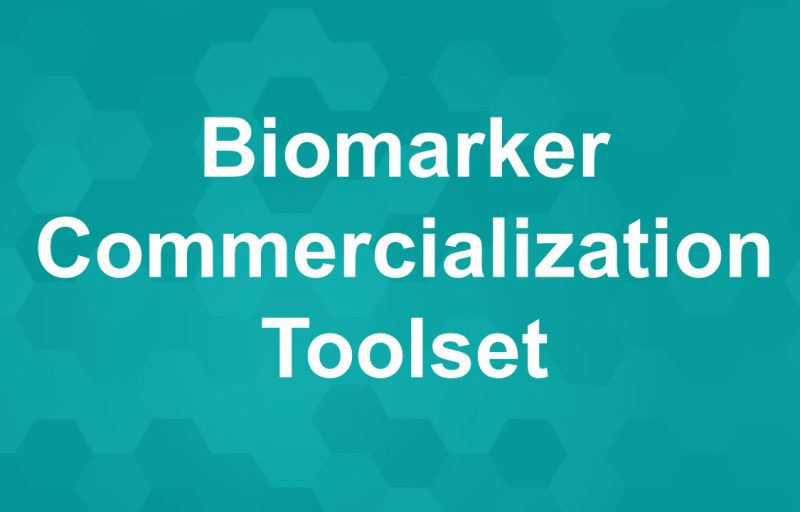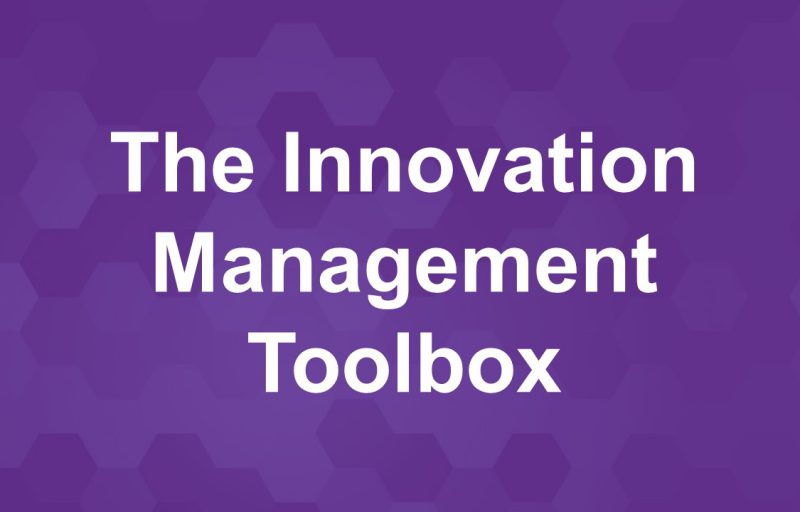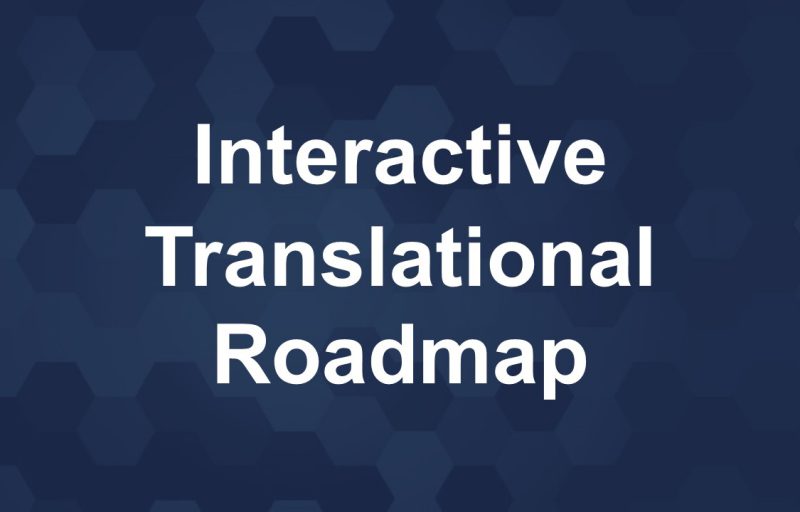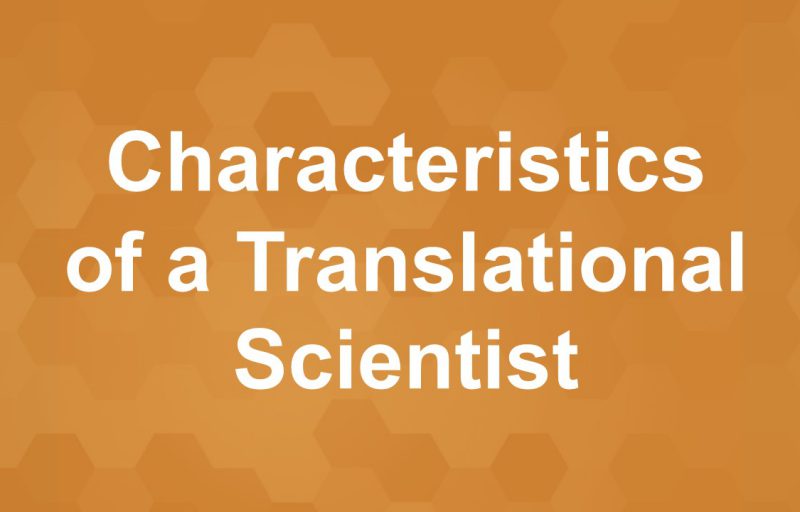Guidance documents
ATMP Guidebook for Innovators in the Netherlands
Future Affordable Sustainable Therapies (FAST) has developed an expanded guidebook for Advanced Therapy Medicinal Products (ATMPs) in the Netherlands, offering vital insights into European and Dutch regulations. It provides practical tools for navigating development, from preclinical stages to market integration. The guide emphasizes early collaboration with stakeholders, including EMA, and patient organizations, to accelerate patient access and ensure sustainable funding. Developers are encouraged to seek early advice from experts like FAST and DARE-NL to streamline processes. This essential resource supports academic and commercial developers in advancing innovative therapies.
The Assay Guidance Manual
The Assay Guidance Manual (AGM) is an eBook of best practices for the design, development, and implementation of robust assays for early drug discovery. Originally written as a guide for therapeutic project teams within a major pharmaceutical company, this manual has been adapted to provide guidelines for scientists in academic, non-profit, government and industrial research laboratories to develop assay formats compatible with High Throughput Screening (HTS) and Structure Activity Relationship (SAR) measurements of new and known molecular entities.
Resources
Multi-omics Toolbox
The Multi-omics Toolbox (MOTBX) is an open access web resource to help expedite translational research by making it easier for researchers in academia and industry to find relevant resources related to multi-omics analysis. The toolbox covers resources related to multiple -omics technologies including quality control and assessment, and data stewardship and integration. Resources used in the EATRIS-Plus project are shared as part of this toolbox. MOTBX offers a collection of best practices and protocols for individual –omics technologies, resources to help implement quality control and quality assessment processes, and tools and services to adopt FAIR practices for multi-omics data management and analysis.
Patient Engagement Resource Centre
The Patient Engagement Resource Centre (or ‘PERC’) is an easy-to-navigate platform that features publicly available guidance, training and practical tools to help researchers get started with patient engagement, particularly in the early stages of biomedical research. This initiative aims to make patient engagement in academic research the ‘new normal’, promote responsible research practices, and enable researchers to engage with patients in a meaningful way.
Biomarker Commercialization Toolset
The Biomarker Commercialization toolset focuses on in-vitro diagnostics (IVD)-applicable biomarkers and includes BIC Best Practices Handbook, BIC Commercialization Guide including a self-evaluation tool, BIC Screening and Selection Guide for TTO’s, and BIC Regulatory Guide.
The Innovation Management Toolbox
The Innovation Management Toolbox is a reference library of resources in rare disease translational medicine. It is free to use and has been designed to provide investigators with self-help resources specific to their needs. Each resource is curated to improve searchability and the database is actively maintained. The toolbox also includes a Q&A section, use cases and integrates the Catalogue of Services from ERICA project.
Interactive Translation Roadmap
The landscape of translational medicine can be seen as a ‘bumpy road’, full of obstacles. Get on the road and discover the landscape of translational medicine along the way! Try to find all the different obstacles (24 in total) by clicking on the appearing green halos. A pop up will appear and explain the different hurdles on the road to translational medicine. You will see your progress in the upper right corner.
Characteristics of a Translational Scientist
The Translation Together initiative, a global collaborative formed in 2017 to promote the science and understanding of biomedical translation, has identified seven fundamental characteristics of successful translational scientists. The 7 traits identified are: boundary crosser, domain expert, team player, process innovator, skilled communicator, systems thinker and rigorous researcher. These qualities are independent of expertise area and job sector, and they demonstrate the unique and holistic approach used by scientists already working in the field. This infographic was developed to educate, train and inspire the future generation of translational scientists.

